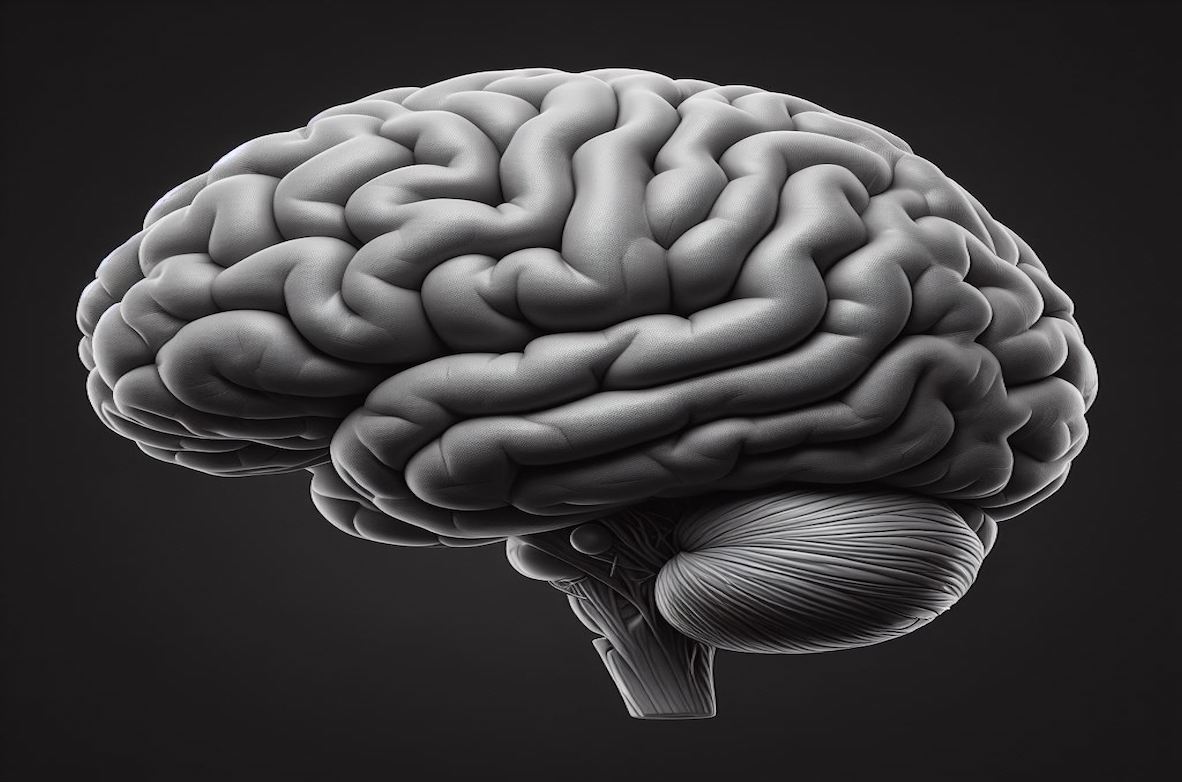Enhancing Athletic Performance Through Mental Training: Steps to Success
Athletic excellence is as much about mental strength as it is about physical prowess. While physical training hones an athlete’s body, mental performance training sharpens the mind, enabling athletes to perform at their best under pressure. This article outlines how athletes can leverage mental performance techniques to enhance their overall performance and provides a step-by-step guide to incorporating these practices into their routine.
Written by Genius Gyms - May 2024

The Importance of Mental Performance in Sports
Mental performance encompasses various psychological skills that contribute to an athlete’s ability to perform consistently at high levels. Key benefits include:
- Improved Focus: The ability to concentrate on tasks without distraction.
- Enhanced Confidence: Belief in one’s abilities and preparation.
- Stress Management: Coping with pressure and maintaining composure.
- Emotional Control: Regulating emotions to stay positive and motivated.
- Resilience: Recovering quickly from setbacks and maintaining a growth mindset.
Steps to Enhance Mental Performance
-
Set Clear Goals
Why It’s Important:
- Goals provide direction and motivation, helping athletes stay focused on what they want to achieve.
How to Do It:
- Set both short-term and long-term goals that are specific, measurable, attainable, relevant, and time-bound (SMART).
- Break down long-term goals into smaller, manageable steps.
- Regularly review and adjust goals based on progress and feedback.
-
Practice Visualization and Imagery
Why It’s Important:
- Visualization helps athletes mentally rehearse skills and scenarios, which can improve performance and confidence.
How to Do It:
- Find a quiet space and close your eyes.
- Visualize yourself performing specific skills or techniques flawlessly.
- Incorporate all senses: imagine the sights, sounds, smells, and feelings associated with successful performance.
-
Develop a Mindfulness Routine
Why It’s Important:
- Mindfulness helps athletes stay present and fully engaged in the moment, reducing anxiety and improving focus.
How to Do It:
- Set aside a few minutes each day for mindfulness meditation.
- Focus on your breathing and observe your thoughts without judgment.
- Practice staying present during training and competition, fully focusing on each movement and decision.
-
Use Positive Self-Talk
Why It’s Important:
- Positive self-talk boosts confidence and helps athletes maintain a constructive mindset.
How to Do It:
- Monitor your internal dialogue and identify negative thoughts.
- Replace negative thoughts with positive affirmations (e.g., “I am prepared and capable”).
- Use self-talk to motivate yourself during challenging moments.
-
Implement Stress Management Techniques
Why It’s Important:
- Managing stress effectively prevents performance deterioration and helps maintain composure under pressure.
How to Do It:
- Practice deep breathing exercises to calm your mind and body.
- Use progressive muscle relaxation to reduce physical tension.
- Develop a pre-competition routine that includes relaxation techniques to stay calm and focused.
-
Build Emotional Resilience
Why It’s Important:
- Emotional resilience helps athletes recover from setbacks and stay motivated.
How to Do It:
- Reflect on past experiences to identify strengths and areas for growth.
- Maintain a growth mindset, viewing challenges as opportunities to improve.
- Seek support from coaches, teammates, and mental health professionals when needed.
-
Engage in Cognitive Behavioral Training
Why It’s Important:
- Cognitive behavioral training helps athletes identify and change negative thought patterns that can hinder performance.
How to Do It:
- Work with a sports psychologist to develop personalized strategies.
- Practice reframing negative thoughts into positive or neutral ones.
- Use cognitive restructuring techniques to challenge and change unhelpful beliefs.
Integrating Mental Performance Training into Routine
To make the most of mental performance training, athletes should:
- Be Consistent: Regular practice is essential for mental skills to become ingrained.
- Seek Professional Guidance: Working with a sports psychologist or mental performance coach can provide tailored strategies and support.
- Combine with Physical Training: Integrate mental exercises with physical workouts for a holistic approach to training.
- Track Progress: Keep a journal to monitor improvements in mental skills and their impact on performance.
- Stay Committed: Recognize that mental training is an ongoing process and remain dedicated to continuous improvement.
Conclusion
Mental performance training is a powerful tool that can elevate an athlete’s game to new heights. By setting clear goals, practicing visualization, developing mindfulness, using positive self-talk, managing stress, building emotional resilience, and engaging in cognitive behavioral training, athletes can enhance their mental toughness and overall performance. Integrating these steps into a regular training routine ensures that athletes are not only physically prepared but also mentally equipped to excel in their sport.
Genius Gyms can help unlock that potential via the app and via our coaching service - Learn More
